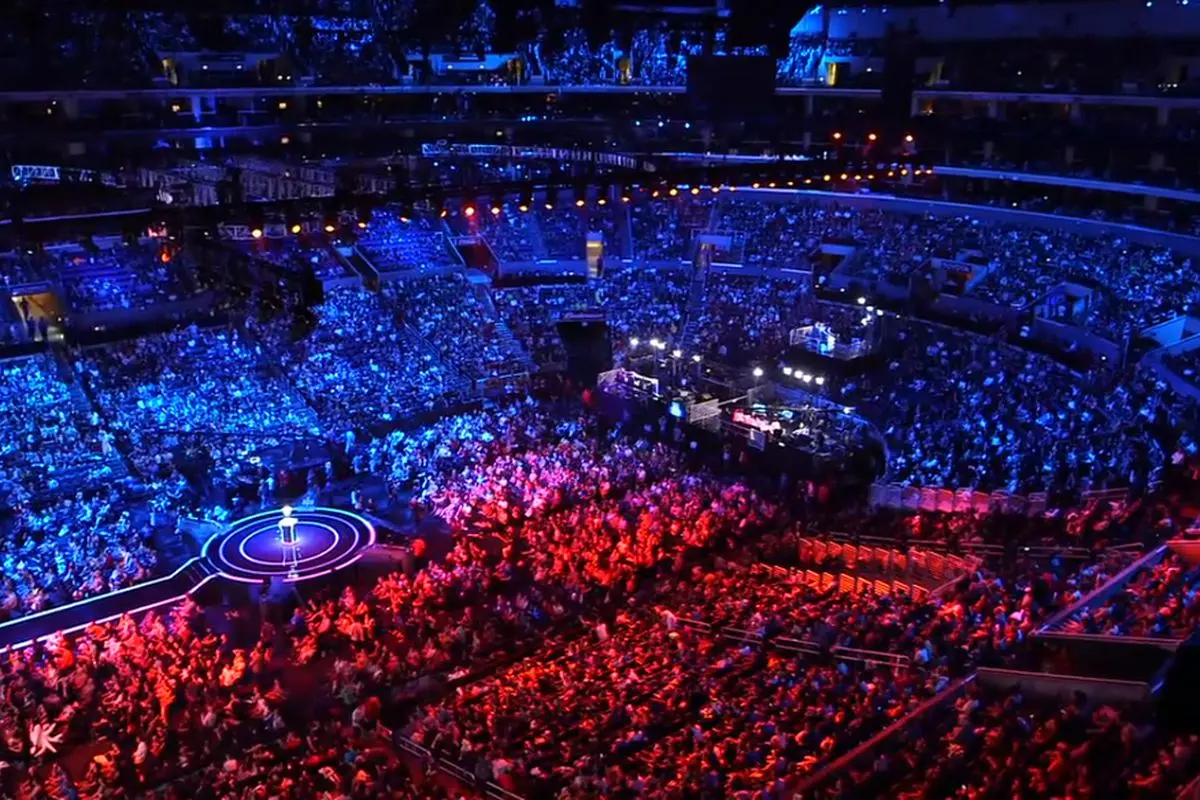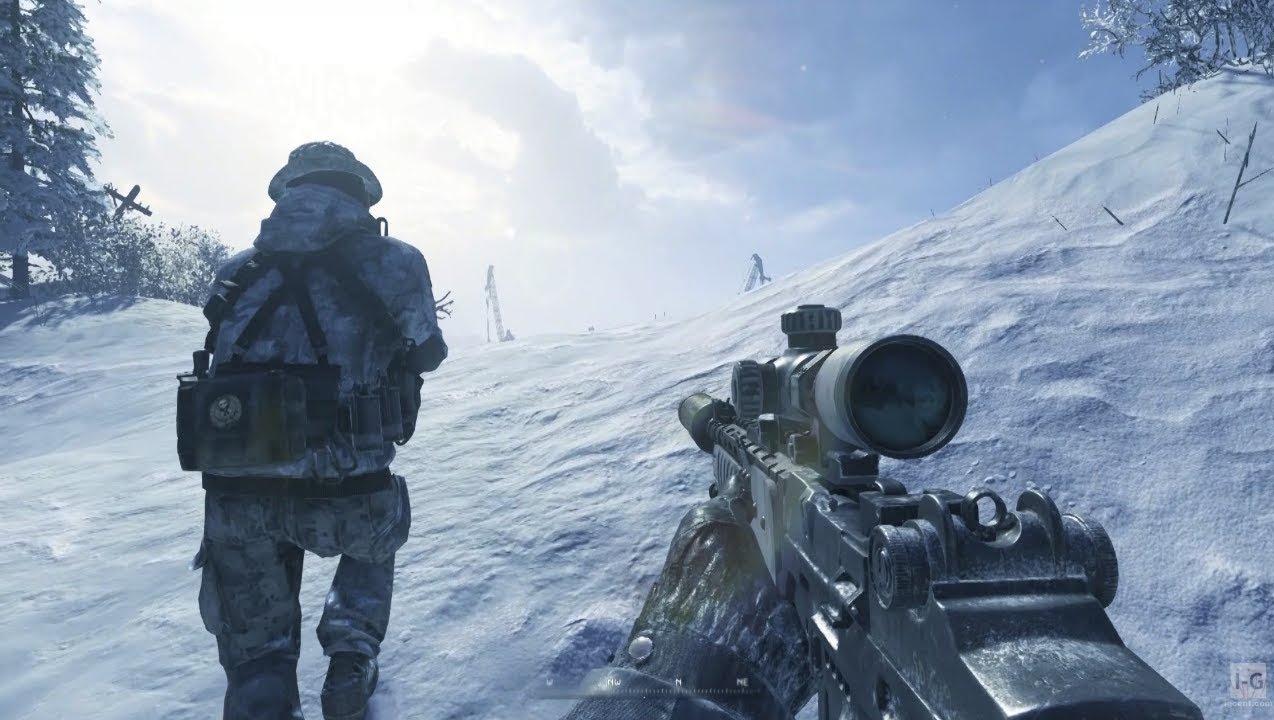
Should esports be considered a real sport?
An international audience of over 230 million people, competitive spirit, teamwork, victories and losses, training, betting, tournaments, and awards. What else is there to a sport?
Not all sports involve actual physical activities like running, punching, jumping, or kicking a ball. Just look at chess! And yet, there are still lively debates around the question of whether esports should be categorized as a real sport and become a part of high-profile events like the Olympics. Let’s look into all the pros and cons and try to make our own opinion about it.
Chess and curling vs Counter-Strike
What should we consider a sport, a competition or a physical activity?
You can go to the gym twice per week and run trendy marathons every year, and yet your fitness routine isn’t a sport despite being a physical activity. On the flipside, chess and billiards have sports federations recognized by the International Olympic Committee.
So, why can’t esports be acknowledged as a sport? What is the definitive difference that sets moving chess pieces across the board apart from aiming to shoot with a computer mouse?
Curling is sometimes compared to “team chess on ice.” Counter-Strike is, in fact, a team game for the quick-minded. Though it looks like a simple FPS, among professional esports players it’s a fight of tactics and intelligence. Just like everyone’s beloved football, the success here depends on well-coordinated teamwork. At the same time, a single player can change everything.
Ending up as a team of winners or a group of losers can stem from individual luck, determination, and personality. Some might even say that esports brings out the best qualities of team spirit, which not even Olympic sports are capable of doing reliably.
No motivation to exercise
The main argument against esports has always been promoting a sedentary lifestyle. We’re not saying that sitting in front of desktops for a long time is healthy or helps to build muscle mass. But how is your eight-hour day in an office different from an eight-hour workday of an esportsman?
Given the fact that the Olympics is almost entirely an amateur sportsman endeavor, there are plenty of Olympians that have had desk jobs to pay for their Olympic dreams. Esports stars aren’t just playing The Sims or online slots and other casino games using 2022 No Deposit bonus codes Australia. It is a job.
Plus, the computer games included in the esports tournaments have proved to develop cognitive skills, reaction, and motor performance.
There’s a common argument that esports actually discourages a healthy lifestyle, but that’s simply not rooted in anything. There’s no evidence suggesting that shooting air rifles helps with health, but there are still a variety of Olympic shooting competitions. Couple that with the expensive barriers to entry and it’s hard to even put esports and air rifling on the same levels in terms of strength of competition.
Esports has a huge audience, it can attract more sponsors, spectators, and money than frisbee can right now. Yet frisbee is another sport that the IOC is considering adding to its list of recognized sports federations.
Esports is exciting, competitive, emotional, accessible, and rooted in teamwork. Many games are even more global than hockey or basketball.
There is still a chance
Some people are still pushing back against this, but not all governments are. There are countries that recognize esports as a sport including the United States, Denmark, Finland, South Korea, China, Russia, South Africa, Nepal, Italy, Ukraine, and more. Some major international sporting events are already hosting esports competitions.
It looks like the Olympics authorities are getting more and more into the idea of accepting esports as there were a few more IOC-approved events that allowed video games to join. Even though the IOC is still waffling about whether to acknowledge esports as a “real” sport, many of us have no doubts about it.
Recommended

Can a VPN really lower your game ping? Myths vs. reality
Do you really need it?

MrBeast takes action on Ava controversy, responds to allegations
MrBeast has launched a private probe.








